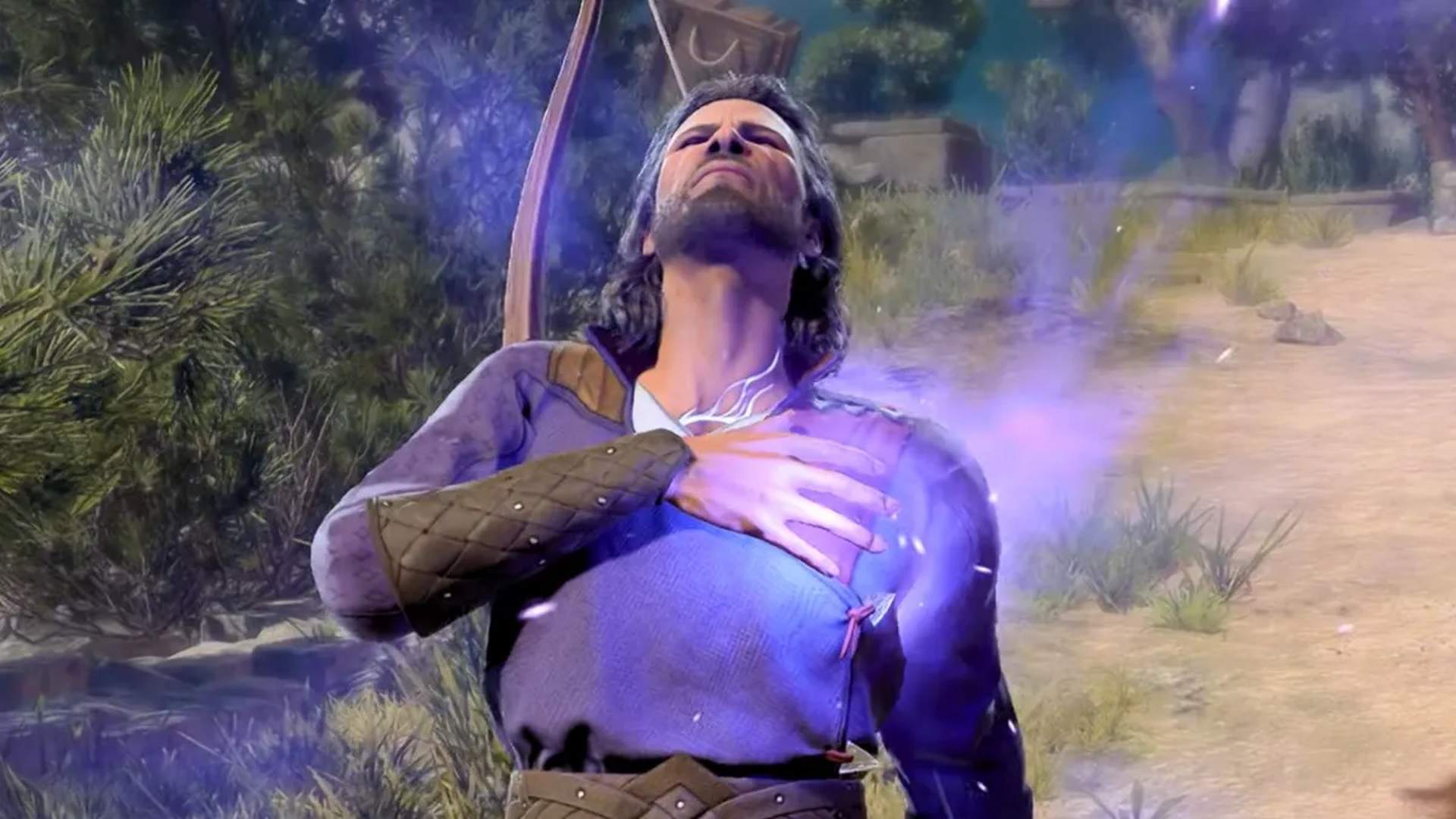
The director of Baldur's Gate 3 says his studio was forced to change its tactics when developers became concerned that it would be "impossible to finish it."
Speaking at the Digital Dragons conference in Poland, Baldur's Gate 3 director Swen Vincke outlined the processes that developer Larian used to create its smash hit - and the problems they caused. Using the example of the 9,500 cinematics in the game, Vincke noted that each time something changed in the story, all of those cinematics might need changing too. And with each change, the team would need to review their work and make improvements.
"You might have something that you would rate, when you review it, 45% on Metacritic," Vincke explains. "And then what are you going to do? You're going to say it's not good enough, we're going to do it again." The quality might jump, and then jump again on another pass, but that takes a huge amount of time across an entire game.
"And so the interesting question that you start getting in development is 'When do I say stop?'" Vinke continues. "When do I say either 'we're going to cancel this thing and we're going to rescope' or 'we're just going to keep on hitting it until we hit that 90% barrier'? But right now, you really understand that we didn't want to accept anything that was under at least a particular benchmark."
With thousands of cinematics and features being developed at the same time, however, Larian's system "wasn't working out as well as it could." The sheer size of the game meant that "we got into this situation, we were in a lot of trouble. As time went by, we said, 'We can't just keep doing this, changing things here without thinking of what's going to happen somewhere unpredictable'." An innocuous door model change in one part of the game, for instance, might ruin a cinematic somewhere else.
"There was a moment where, literally, when you looked at it, you said, 'we're never going to finish this game. It's going to be impossible to finish it.'" Larian refused, however, to sacrifice quality in order to ship its game, even when Vincke acknowledged that budget might start to become an issue: "We just said 'no, the game needs these things, so we're going to be doing this, we need to create breathing space to get the game to the quality level that it's going to need because otherwise, it's just not going to work out'."
Eventually, Larian created that breathing space, giving individual teams more power over their own quality control to streamline development across the board. And the refusal to sacrifice on quality eventually paid off, with millions of sales and a record-breaking awards run that cemented Baldur's Gate 3 as a timeless classic.
Sign up to the GamesRadar+ Newsletter
Weekly digests, tales from the communities you love, and more
Don't believe us? Check out our Baldur's Gate 3 review.

I'm GamesRadar's news editor, working with the team to deliver breaking news from across the industry. I started my journalistic career while getting my degree in English Literature at the University of Warwick, where I also worked as Games Editor on the student newspaper, The Boar. Since then, I've run the news sections at PCGamesN and Kotaku UK, and also regularly contributed to PC Gamer. As you might be able to tell, PC is my platform of choice, so you can regularly find me playing League of Legends or Steam's latest indie hit.


